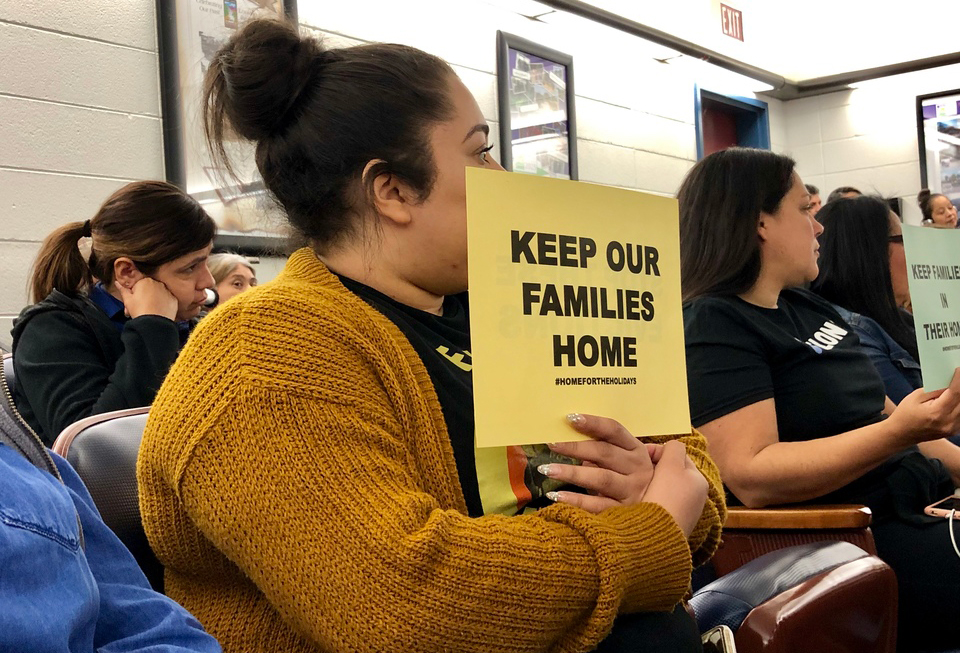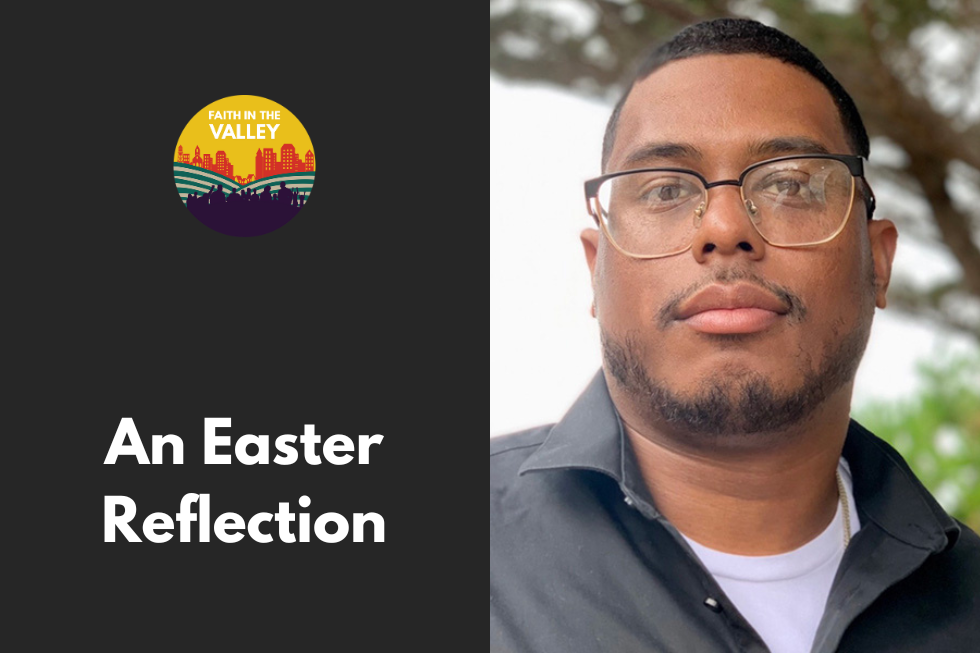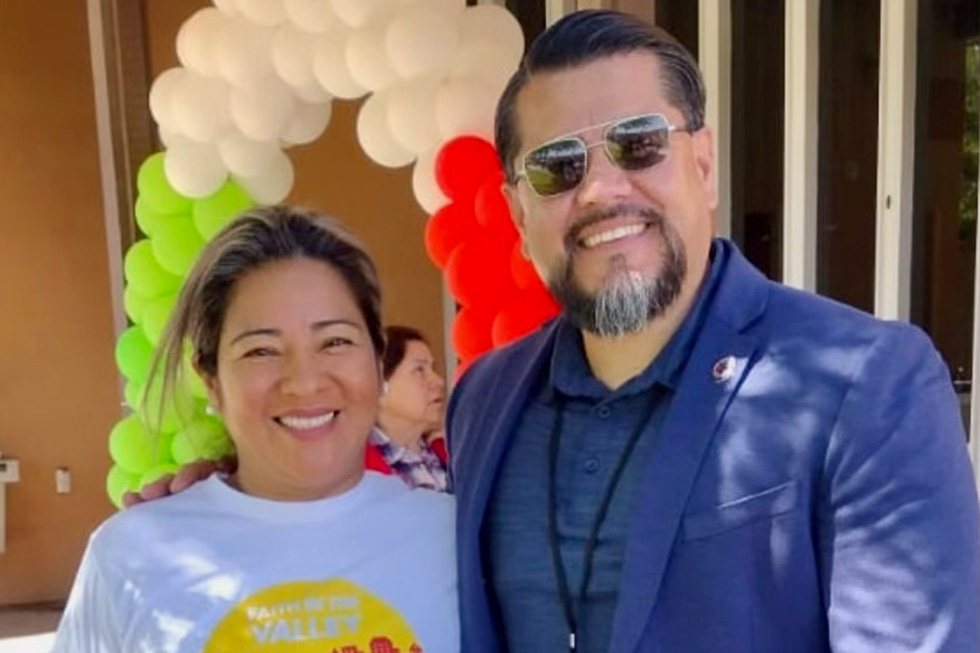Congratulations to Abby Rodela, one of our youth leaders in Kern County, who recently received…

Gov. Newsom: It’s Time to Show Us the Central Valley Is a Priority—Stop Evictions During COVID-19
We hear all of the time about how for a long time we’ve had an affordable housing crisis in the Bay Area and Southern California. But the truth is, the Central Valley continues to be the forgotten California.
The San Joaquin Valley comprises eight counties with more than 4.2 million residents—a population larger than Los Angeles. The majority of residents are Latinx, including 900,000 people who are foreign-born. In addition to formal evictions, undocumented families are also especially vulnerable to informal evictions, which happen illegally outside of the judicial process.
Despite Governor Newsom’s proclamation at the beginning of shelter-in-place that he had enacted a statewide “eviction moratorium”, this did little more than pass the buck to cities and counties to protect vulnerable renters, and very few jurisdictions did. The Judicial Council recently voted to repeal the only statewide protection we had in place. On Sept. 1, millions of Californians will be facing evictions if elected leaders do not take swift and bold action now.
If the Emergency Rule is removed without a long-term solution, every eviction court across the Central Valley, where rent burden and poverty are high and evictions occur by the tens of thousands in a normal year, will be absolutely flooded.
Before this current crisis, we were spending every Tuesday morning observing an already ongoing crisis: Fresno County’s packed eviction court. Our study found that only an estimated 1% of tenants had legal representation. If the Emergency Rule is removed without a long-term solution, every eviction court across the Central Valley, where rent burden and poverty are high and evictions occur by the tens of thousands in a normal year, will be absolutely flooded.
The myth of affordable housing in the Central Valley is just that—a myth. Rents are relative to income. Our reports show that renters need to earn far more than the median income—1.5 times or even twice as much—to afford rents. The eviction crisis was here long before COVID-19– when the economy was relatively stable and unemployment was low. Now the economy is rapidly declining and we are seeing record numbers of unemployment that echo the Great Depression!
Our recently released studies, Evicted in Kern and Evicted in San Joaquin, found that an estimated 20,000 Kern County households and 22,000 San Joaquin households are vulnerable to eviction due to the economic impact of COVID-19. Black and Latinx economically vulnerable parents with young children are impacted the most. Our Fresno research shows that the same neighborhoods where we see COVID-19 hotspots are the areas where we see concentrated evictions.
Tenants and community organizations in Kern County, San Joaquin County, and across most of the Central Valley have been calling on local elected officials for months to take action, yet county supervisors have refused to even put it on an agenda for discussion. Not a single County in the Central Valley has developed a local eviction moratorium. The cities of Stockton and Fresno have the strongest city-level protections, but they can and should go much further.
This is why we have spent the past several weeks talking to tenants throughout the Central Valley and hearing their stories:
- “COVID-19 has impacted me paying bills on time and I’m having to cut back on meals.” (Central Valley resident, 2 children in the home).
- “Not sure how we’re gonna pay bills ever, food gets very low, hygiene becomes harder to buy.” (Central Valley resident, 4 children in the home).
- “I’m uncertain about what the near future will look like when the extra $600 unemployment benefits each week ends.” (Central Valley resident, 27 years old)
- “I’ve had to resort to selling stuff [from] my home to cover rent.” (Central Valley resident, 2 children in the home).
- “bills stacking… I am my son’s caregiver & teacher (he is Autistic)… all kids home for past 5 months so electricity, water, food costs have gone up… doing the best I can to keep it together by the grace of God.” (Central Valley resident, 3 children in the home).
- “We can pay the rent, but it takes up almost half of our monthly resources; if the utilities are added, the total is well over half. If not for the sudden and I am sure temporary increase in SNAP, we would be without food for about 1/3 of the month.” (Central Valley resident, 2 adults in the home).
- “My son was laid off for about two months and my daughter had to return from college since classes are now online. We are having a problem with breaking the lease that starts in Aug 1st.” (Central Valley resident, 1 child in the home).
- “I am afraid that I may not make rent or pay my bills on time or at all.” (Central Valley resident, 39 years old).
- “I became houseless.” (Central Valley resident, 42 years old).
Here in the Central Valley, as many as half or more of renters are severely rent-burdened. paying more than 50% of their income toward rent. And as the saying goes, “The rent eats first.” This is strikingly true for thousands of renters across the Central Valley now, as indicated by record numbers of unemployment filings and an overwhelming number of applications for rent assistance in the few jurisdictions in the Valley where these programs have been created. Renters are scrambling to pay the rent, forgoing other necessities. But without statewide relief, they will fall behind. Our local elected officials’ response to the ongoing housing crisis here continues to be to simply ignore it in hopes that it will magically go away.
Governor Newsom has said that inland California and the Central Valley are priorities for him. This is his chance to prove it.
When someone is forced to leave their home, they are being forced to put their lives and the lives of their family in danger of contracting the coronavirus….If the Judicial Council rule is lifted and the state legislators do not pass AB 1436 and the Governor does not freeze or forgive rent and mortgage payments, more people are going to die.
Our homes are more essential now than ever—they’re our workplaces, our classrooms, our hospitals, and soon they are going to be our polling place as statewide voters participate in mail-in voting. Our homes are our everything! In addition, the Census 2020 count is underway, with September being a critical month to complete the count. We risk thousands of Central Valley residents not being counted. It is not only that we rely on the count to help us understand where to invest critical services and development—ensuring an accurate count also says something about our values. If we do not safeguard the most vulnerable people, what are we saying. That they do not count?
One of the greatest threats of evictions is homelessness, which is absolutely horrible. People are thrust out onto the streets, in their cars, couch surfing from friend-to-friend or family member to family member, or finding temporary shelter in a motel. Families lose their personal belongings, their social ties to the community are abruptly severed, and children are uprooted from their schools, friends, teachers, and educational staff. The physical, emotional, and mental toll of evictions actually leads to increased rates of suicide for mothers with small children. All of this is devastating, but, now that we are experiencing one of the biggest public health crises in recent history, the stakes are even higher.
When someone is forced to leave their home, they are being forced to put their lives and the lives of their family in danger of contracting the coronavirus. The Central Valley is on track to see August be the deadliest month yet. If the Judicial Council rule is lifted and the state legislators do not pass AB 1436 and the Governor does not freeze or forgive rent and mortgage payments, more people are going to die. Housing is healthcare, our classroom, our workplace, our shelter from a deadly global crisis.
Dr. Janine Nkosi is a Regional Advisor with Faith in the Valley, Lecturer of Sociology at Fresno State, and Sociology Instructor at Merritt College in Oakland. Dr. Amber Crowell is an Assistant Professor of Sociology at Fresno State and Regional Housing Coordinator with Faith in the Valley. Andy Levine is the Deputy Director of Faith in the Valley and a lecturer in the Sociology Department at Fresno State.



